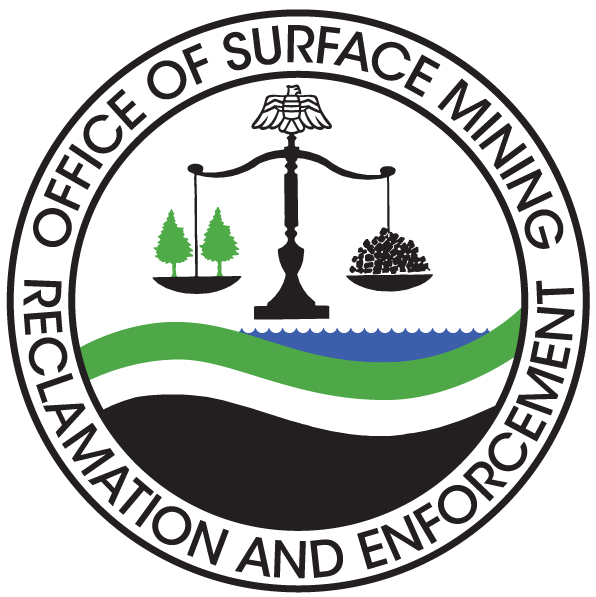Grants and Funding Opportunities
The Abandoned Mine Land (AML) program was authorized in Title IV of the Surface Mining Control and Reclamation Act of 1977 (SMCRA). States with approved AML programs, or specific Indian tribes, are eligible for Abandoned Mine Land grants that support reclamation efforts. The grant distribution is determined annually using a pre-set formula authorized by SMCRA. The amounts are based on the fees paid by active coal mine operators on each ton of coal mined.
Abandoned Mine Land Fee-based Grant Funds
Pursuant to the Full-Year Continuing Appropriations and Extensions Act, 2025 (Pub. L. No. 119-4), on June 4, 2025, OSMRE made payments to eligible states and Tribes for projects funded by the Fiscal Year (FY) 2025 Abandoned Mine Land Economic Revitalization (AMLER) Program (previously known as the AML Pilot Program).
The intent of the AMLER Program is to explore and implement strategies that return legacy coal mining sites to productive uses through economic and community development.
In addition to the extension of abandoned mine land (AML) fee collections and mandatory AML Grant distributions, $11.293 billion in new funding was authorized to be appropriated for deposit into the Abandoned Mine Reclamation Fund due to the passage of the Infrastructure Investment and Jobs Act.
Infrastructure Act Grant Funds
View the FY 2025 Guidance on the Infrastructure Act Abandoned Mine Land grant implementation.
OSMRE uses the Federal Financial Assistance Manual to provide transparency in how the Bureau manages its federal grants.
Disclaimer regarding the Davis Bacon Act in FAM (2-230-60): This section is currently under review by the Department of the Interior, Office of the Solicitor.
(2-230-60) Do the Davis-Bacon Act and Contract Work Hours and Safety Standards Act apply to contracts supported with OSMRE funds?
- A.) SMCRA does not include a prevailing wage provision or require you to comply with the Davis-Bacon Act (40 USC 276a). Since there is no direct relationship between OSMRE and the contractor, we consider your contracts exempt from Davis-Bacon requirements. However, state law or administrative procedures, or other federal laws if you have other federal funds in your project, may require you to include a provision for compliance with the Davis-Bacon Act in your contracts.
- B.) The Davis-Bacon Act applies when OSMRE deals directly with a private contractor. We will include Davis-Bacon provisions when we award contracts directly for federal regulatory or reclamation programs.
- C.) SMCRA does not require you to comply with the Contract Work Hours and Safety Standards Act (40 USC 327-330). However, state law or administrative procedures may require you to include these provisions in your contracts.
The coal regulatory program is authorized by Title V of the Surface Mining Law. A state may choose to take over the regulation of surface coal mining operations ("primacy"). If it does the state must develop a plan for the program, which must be approved by the Secretary of the Interior. Functions of a state coal regulatory program include permitting, inspection of mine sites, enforcement of mining laws and regulations, and bond release after mining and reclamation is complete.

